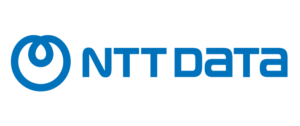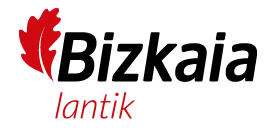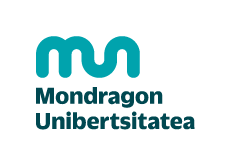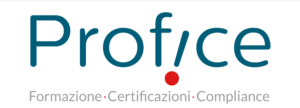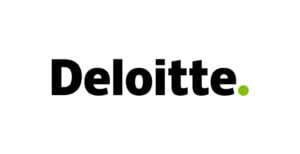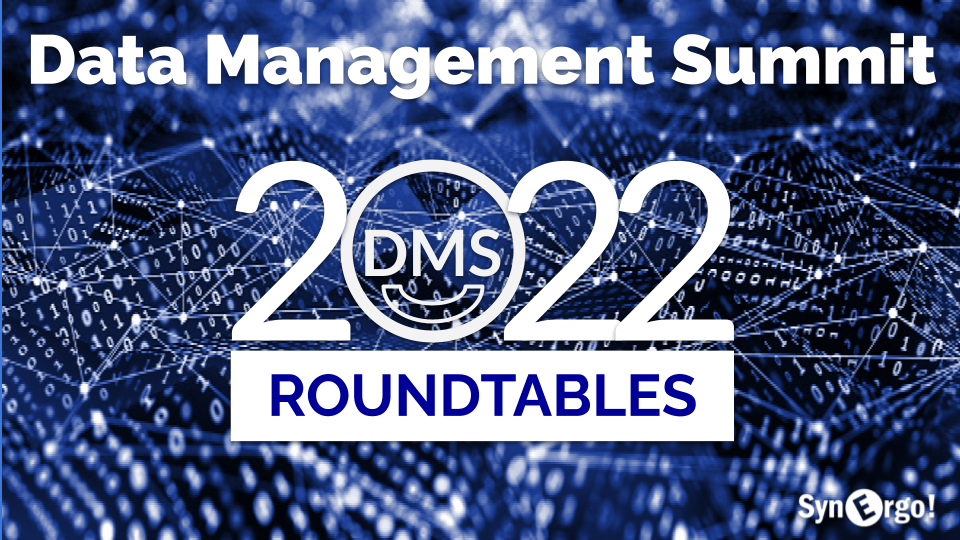
Roundtables 2022
How to accelerate the adoption of Open Linked Data in the public administration domain?
If it is true that Open Data is the digital movement to which governments and institutions around the world are gradually adhering, its adoption remains difficult. Experiments and open data portals are being launched, but the turning point is undoubtedly the EU initiatives such as the Data Governance Act: The EU is working to strengthen various data exchange mechanisms. The aim is to foster the availability of data that can be used to drive advanced applications and solutions in artificial intelligence, personalized medicine, green mobility, smart manufacturing and many other areas.
Moderator: Oscar Alonso (IBM Consulting & DAMA España)
Challenges and barriers to data sharing in the public sector
The objective is to project on a larger scale the current methodologies, specifications and practices related to information processing, to achieve a fluid and continuous data exchange between administrations, industrial sectors and citizens, which generates advantages and opportunities for the different actors involved, and always bearing in mind the necessary privacy and security considerations. This strengthening of administrative collaboration is materialized in the different public sector data spaces, enhancing the value of data in the development of citizen-centric public programs, policies and services, reducing the bureaucratic burden of administrative processes borne by economic operators and citizens.What are the main barriers to data sharing? Moderator: Carlos Alonso Peña (Data Office)

How Data Governance changes with the new open banking paradigm
The new open banking environment is transforming the world of banking due to a new paradigm in which financial services operate in a fully digitized ecosystem. This has led to the complete reinvention of the practices and processes of traditional banking models. An epochal shift towards Open Business and the economy based on full interoperability and APIs, partly as a consequence of new regulations such as PSD2. The paradigm shift will generate new ways of approaching data governance always more linked to full traceability of processes. Not only roles, definitions and metadata but also processes materialized over time to meet regulatory needs. Moderador: Alicia Jimeno (Dama España)
Data Architecture: Data Mesh or Data Fabric?
Just like software engineering teams moved from monolithic applications to microservices architectures, Data Mesh can be said to be the microservices version of the data platform. The Data Mesh architecture pattern embraces data ubiquity by leveraging a domain-oriented, self-service design. It is clear that who connects to these domains and their associated data assets must be a universal interoperability layer that applies the same syntax and data standards, driven proactive metadata and master data management supported by an enterprise data catalog and its governance.Data Fabric promotes a single unified data architecture with an integrated set of technologies and services, specifically designed to deliver integrated, rich, high-quality data, at the right time, in the right way, to the right data consumer.
Moderador: Laureano Perez (Dama España)How to converge the differents data quality models?
Without quality data it is impossible to take decisions. There are different models and frameworks from DAMA to ISO. How to measure data quality, how to manage quality processes automatically, how to avoid Data Lake corruptions. Data Quality can be a horizontal process within the company?Enrichment processes are the value attached to quality but how can we avoid the garbage in garbage out phenomenon? What to do with so much poor quality data.Moderador: Lucia Engo (Dama España)















